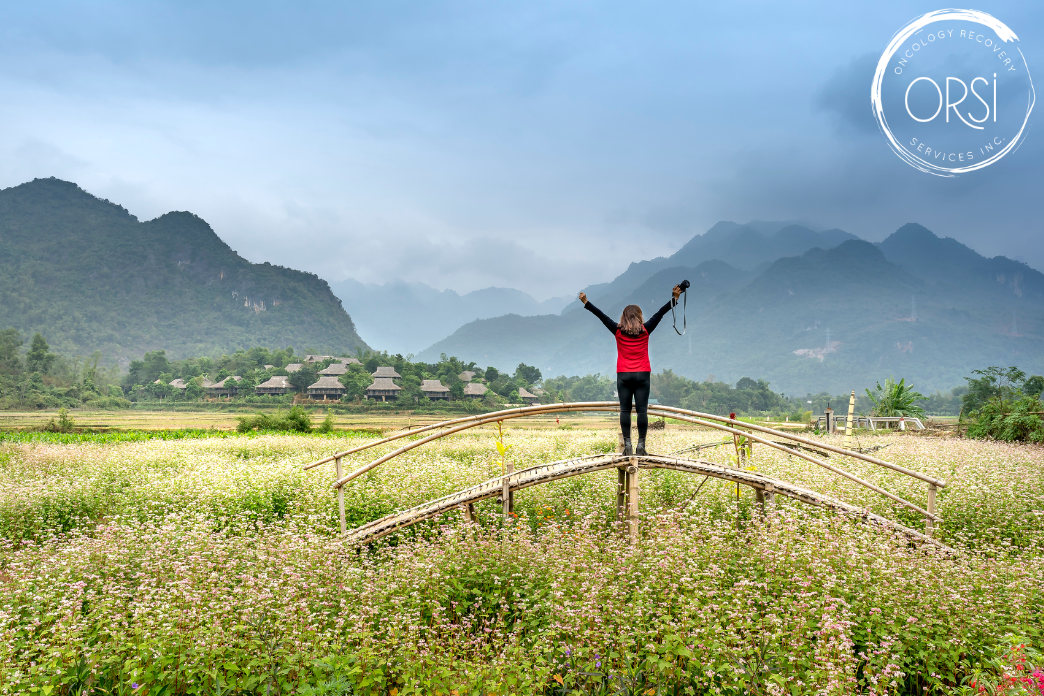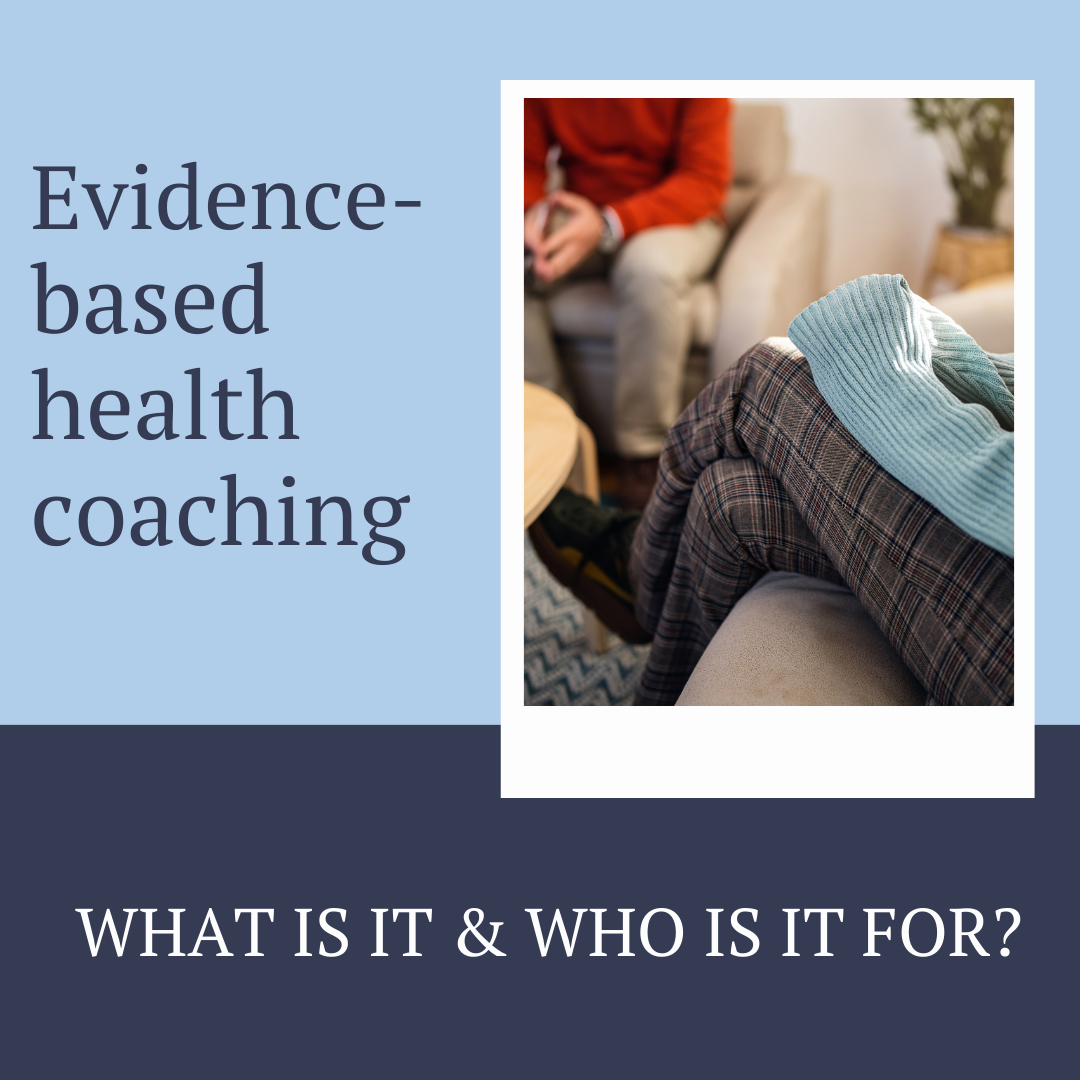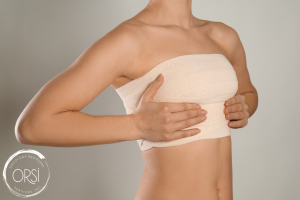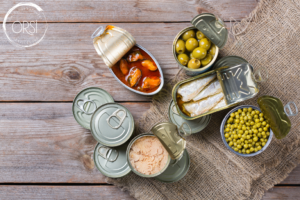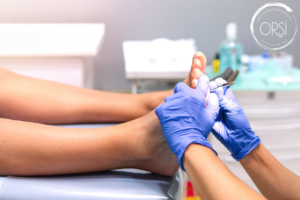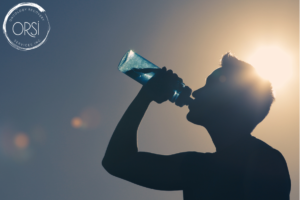This is a story of trauma and growth. It is written by Elle Sproll.
To people who knew me, I was the epitome of health.
I was 32. Happy, fit, successful in my career and socialising lots. But on the eve of my birthday, I found a lump and was shocked to discover it was Triple Negative Breast cancer. My body had been giving me signs, I was running it into the ground with fatigue, infections and aches, but I ignored my body and refused to rest.
I started the process of freezing my eggs, shaving my head and having a Portacath line inserted into my chest. 11 months of chemotherapy, surgery and 28 rounds of radiation later, I wasn’t cured and had a high chance of recurrence. As a person who doesn’t like to sit around and wait for something to happen – I knew I needed to change.
I set out to understand what it truly means to be healthy.
I’ve changed my entire life since cancer. This included leaving my corporate career, breaking up with my partner, and moving to a brand-new location in a brand-new home. I meditate daily, wake and go to bed early, eat healthy, rarely drink alcohol, love my body and who I am, and am not afraid to sit and do nothing. I am unrecognisable to my 33-year-old self, and I absolutely love that. I have never felt more alive.
I started with stress.
I knew my life was stressful and I wasn’t good at regulating my reaction to stress. I knew I thrived on adrenaline. Deadlines? Loved them. Running from place to place with a busy social calendar? Loved it. I felt exhausted when I stopped so why would I bother? Because I learned that adrenaline is stress, and stress causes disease. I knew a lot of my ‘social’ drinking was related to a stressful day at work, and my oncologist had told me the one thing I could do that would be most impactful to my health after cancer was to significantly limit my drinking.
I decided to start my day slow. I rose an hour early each morning and used that time to say affirmations, meditate, eat slowly in the sun, set my priorities for the day. I focused on rest. I didn’t realise just how important sleep was. I formed good habits that enabled better deep sleep. I got an eye mask and earplugs, turned off the home Wi-Fi, put my mobile phone in a separate room and went to bed by 930pm every night.
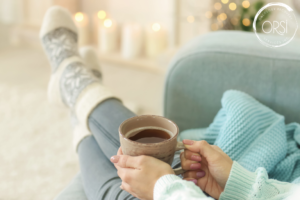
I learnt about nutrition.
I thought I was eating well with my marathon training and years of dieting that told me sugar, fat and carbs were bad. My oncologist suggested a Mediterranean diet was likely the best to follow for cancer prevention, and I must embarrassing admit, my interpretation of Mediterranean (pizza, pasta, meat and cheese), wasn’t quite what she meant. I had no idea that ‘plants’ includes more than veggies. In fact, it’s veggies, fruits, wholegrains, nuts, seeds, beans and legumes.
I reduced alcohol, then stopped entirely.
I loved to drink, even as a runner. What I didn’t realise, was just how much alcohol increases cancer risk. In fact, when my tumour only had a partial response to chemotherapy and I had a higher chance of recurrence, I asked my medical oncologist what I could do to try and stop my cancer returning. Her one suggestion? Limit alcohol or don’t drink at all. When it comes to breast cancer and five other types of cancer, your risk increases significantly based on light to moderate drinking. With tasty non-alcohol alternatives plus the additional benefits of better sleep, weight-loss and less regretful behaviour, it wasn’t too hard to make the change. 3 years on, I now have 1-2 standard drinks per month.
I worked on my self-love and limiting beliefs.
For me, my limiting beliefs are ‘people pleasing’, ‘not being enough’ and ‘being unlovable’. I had no idea these beliefs had been running the show for years. Making me work harder, faster, better. Not being able to say no to people. Going to social occasions despite feeling exhausted because I didn’t want to disappoint. Never really doing what I truly wanted to do. Of all the changes I’ve made since cancer, uncovering my limiting beliefs has been the game-changer.
I did a relationship cleanout.
Cancer is bloody tough, and no doubt you had lots of people you wouldn’t expect reaching out asking how they could help, and have people you expected to step up, not step up at all. There was something powerful that happened during my treatment that has continued to this day. I got clear on who I want to spend time with. Who lifts me up and who drains me. How to communicate my thoughts and feelings. I learnt how to say no. Which, out of everything, was the most invigorating – and the best way to get time back for me.
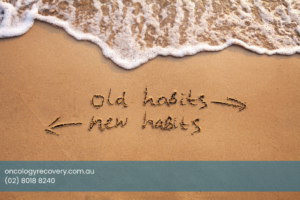
I returned to work with boundaries and purpose.
I continued to work through treatment, so it wasn’t a complete ‘return to work’, but it did feel like that in some way. I reduced my hours, moved onto a new project and team to start fresh. I organised to take days off before and after my regular scans to enable me to be in the right frame of mind. I asked to change projects when they felt too overwhelming.
Cancer changed me. Or maybe it just helped me become who I’ve always meant to be. I became an integrated nutrition health coach to help women take control of their health after cancer.
Find out more about Elle here
Call our clinic on 8018 8240 to talk to our trauma expert Jo Sullivan
